Season Review: X-Men ’97 Season One
Taking place within the Marvel Universe, the titular X-Men are a band of super powered mutants who use their uncanny gifts to protect a world that hates and fears them. One year after losing their longtime mentor Charles Xavier and picking up from the Season 5/Series finale episode “Graduation Day” (which aired in September of 1997). they are now facing new challenges like never before, as they are forced to face a dangerous and unexpected new future, under the new leadership of their former adversary and their longtime foe, The Master of Magnetism himself… Magneto!
On the Technical Side. The Animation was provided by Studio Mir (Harley Quinn, Lookism, Legend of Korra, My Adventures with Superman and the upcoming Devil May Cry series) and Tiger Animation (Castlevania Series Seasons, Black Dynamite, X-Men: Evolution and multiple DC Animated projects.) with music composed by the Newton Brothers along with Disney’s efforts to purchase the rights to use the iconic 90’s theme song by Ron Wasserman (whose credits are mostly noteworthy for his past works within Saban and Power Rangers).
X-Men ’97 had a lot to live up to as it took years to actually be made when it was first announced in 2021. But to talk about this show, we must first talk about the showrunner of Season One Beau Demayo. Beau has gone on record that he previously worked in the writing room of Netflix’s “The Witcher” and having intimate knowledge on how badly that show was handled, and the lack of care Netflix has for its own adaptations of beloved properties that mostly aim to enrage more than entertain, Beau was determined to right those particular wrongs, and make something that fans would be proud of when he was put in charge of this Disney+ continuation of the beloved ’92 cartoon that anyone who grew up in the 90’s, knows and loves at this point.
And how did he accomplish this? Beau being an openly gay person of color, meticulously approached, filtered and encapsulated all of his experiences of being at the receiving end of discrimination, prejudice and hardships towards marginalized groups, along with other current societal and political problems through the lens of the overarching themes of mutants being looked down upon, and hated for their mere existence. Not only does his writing properly convey this with such unapologetic aplomb. But Beau as a fan himself, 100% understands the core values and themes that the X-Men represent while staying true to the source material and other forms of X-Men related media while modernizing it, and made damn sure everyone who worked alongside him was equally on the same page during its creative process and giving the show a bit of a “TV-14” rating which shows when certain characters unexpectedly say “ass”, “damn”, and “hell” which are the common cuss-words you’d expect to hear in most PG-13 rated films.
Although the show attempts to be “Season 6” of the original series, it thankfully works as a jumping-on point for newbies. Anyone who’s going into this blind, simply needs to know that the X-Men’s longtime founder, Charles Xavier has left Earth to recover from a near-fatal injury that resulting in him publicly faking his demise and leaving Cyclops along with the remaining X-Men to handle things on their own. You’d think that’s all there was to it, yet by the end of episode one is when the dynamic slowly starts to change, starting with Magneto’s unexpected return and his personal struggle to uphold the legacy of his presumed dead friend, even if he doesn’t fully agree with the way Charles did things, while the recurring themes of family and responsibility are greatly touched upon, especially for Cyclops and Jean as they have go through a major changes in their relationship. And other characters such as Storm go on a personal journey of self-discovery. Jubilee (Holly Chou) returns mostly to help ease new audiences when she meets a young Brazilian Mutant named Roberto/Sunspot who is introduced in the first episode and Theo James voices the newest and most interesting villain who isn’t fully revealed until the latter half of the season.
A good chunk of these stories are adapted from popular X-Men comics from the works of Chris Claremont, Grant Morrison, Fabian Nicieza, and Scott Lobdell and maintains what made them work despite marvel unintentionally stumbling in places such as accidentally releasing a toy of a very specific character that spoiled a major plot twist, yet they somehow still found a way to catch me off guard with how they introduced that particular twist in the show. The voice cast also equally shines as many of them reprise their famous voice roles from the ’92 series. But the other half are either relegated to new voice roles due to being older or have been understandably replaced due to some of them passing away. With Catherine Disher voicing a new recurring character Valerie Cooper, and Cal Dodd who still nails it as Wolverine while other new people such as Ray Chase (Bruno from Jojo: Golden Wind) and Matthew Waterson (The Doom Slayer in the Bethesda Doom games) occasionally excel in filling their roles of Cyclops and Magneto respectively. Lenore Zann who voiced Rogue in the original starts to slightly steal the show and appropriately sell the drama after the status quo is irrevocably and shockingly changed in the fifth episode “Remember It” which is said to be submitted to being nominated for an Emmy.
The animation and action sequences are top notch as each character receives a decent amount of screen time, and their unique mutant abilities shine and the cameos that spread across most of the Marvel Universe do their job, especially Morph who uses his shape-shifting powers to greater effect in certain action scenes, and finding unique and interesting ways to make him useful while catering to fan service with the random Marvel characters he shifts into and a sizeable chunk of the animation felt like I was watching a very colorful episode of Archer mixed with random spots of cel-shading that sometimes involve larger action scenes, and the random easter eggs and references within the scenery. There’s even a dedicated episode chock-full of videogame references to past X-Men games in the episode “Motendo” which shows how much care and attention was given with the pixelated 2D art.
Overall, as someone who watched the original series on Saturday mornings as a child, owned many comics, had the toys, played and still own a few of the videogames (including the Capcom fighting games) and even had a Gambit poster on my bedroom door in my youth, this was one hell of a continuation that I didn’t know I wanted. It moved the story and characters in ways that change the status quo, and despite the efforts of Beau and everyone involved, all of this could’ve easily gone wrong given Disney’s recent track record of mainstream, mean-spirited, agenda-pushing stinkers that were mostly made to push messages about white guilt and emasculation rather than entertain or be subtle with its commentary. At the time of this review, Beau was recently fired a week before the series premiere after having already wrote a good portion of Season Two. And while it’s never explained what went on behind the scenes for Disney to make such a brash decision, Beau at least is currently keeping his finger on the proverbial pulse on X.com and is sometimes quick to answer every other question and delves into the thought process behind why certain narrative/character decisions were made. We can only hope that Season Two keeps the momentum and sense of escalation going with the way all these brand-new plot-threads were laid out, because at the end of the day, that was the beauty of the original show. No matter how many back issues you’ve read of a story it adapted, you never knew exactly what would happen next.

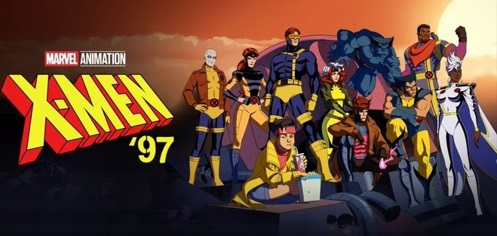
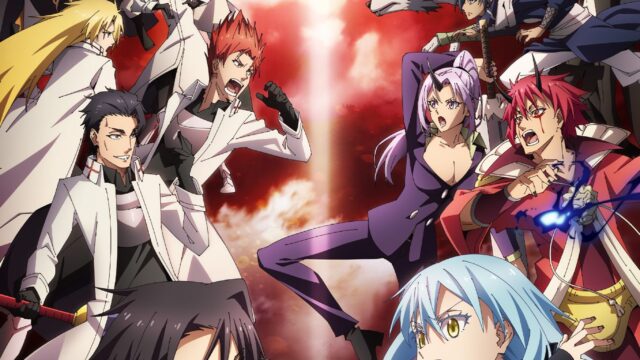
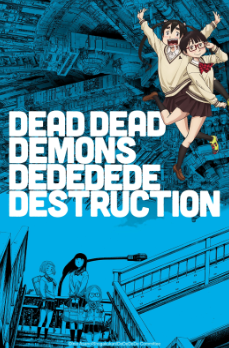

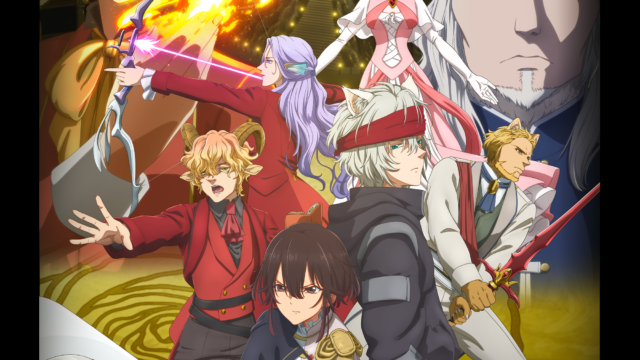














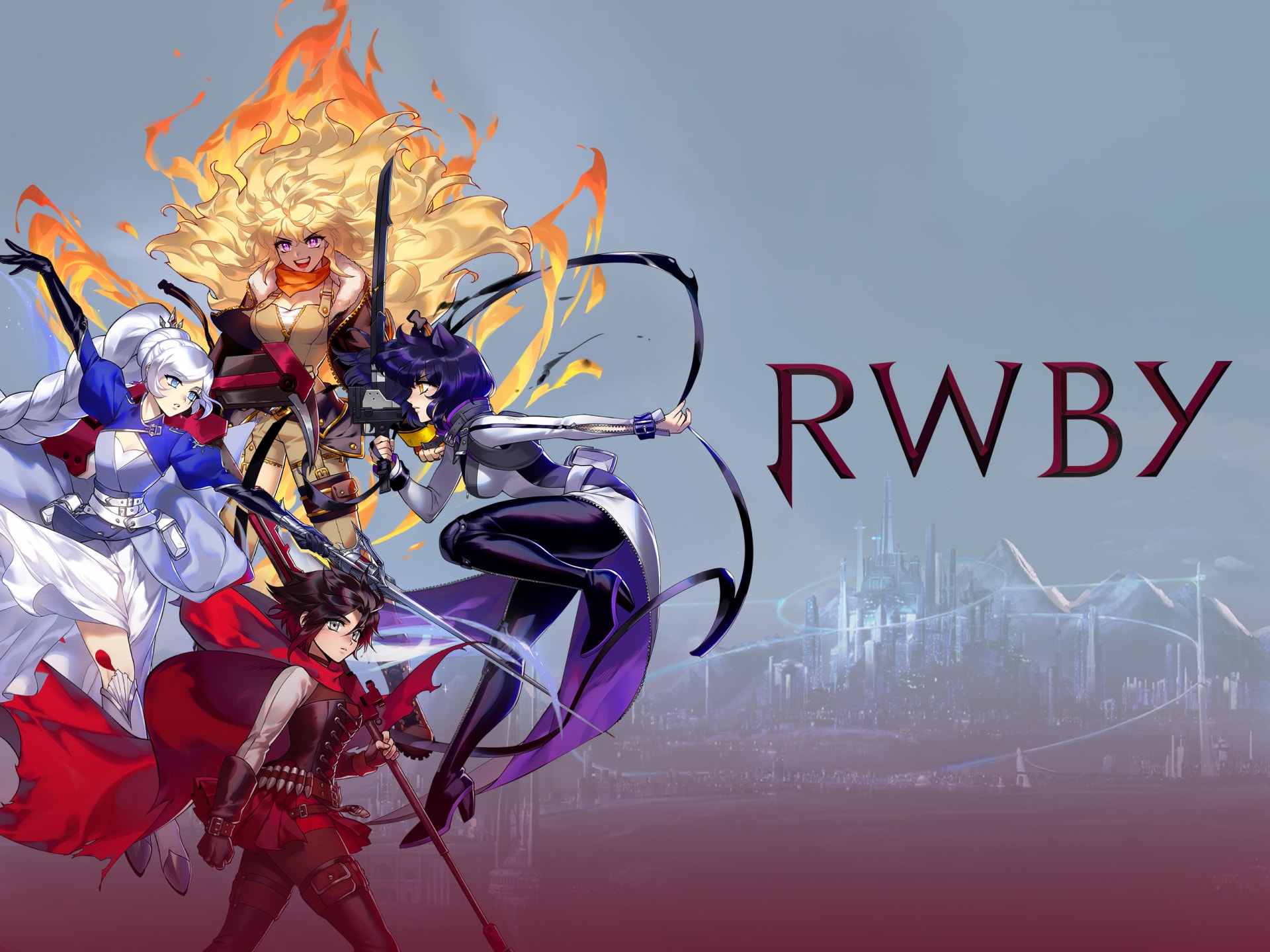




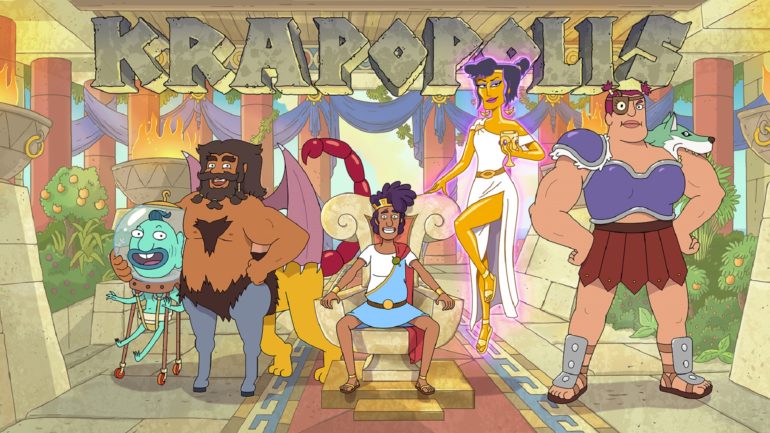

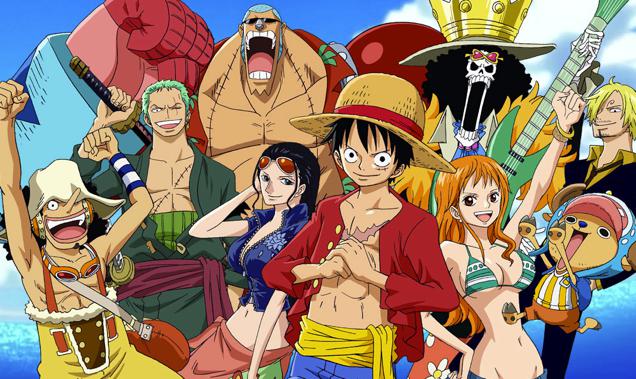
I hope this turns out to be another Gravity Falls-type show with an overarching storyline.